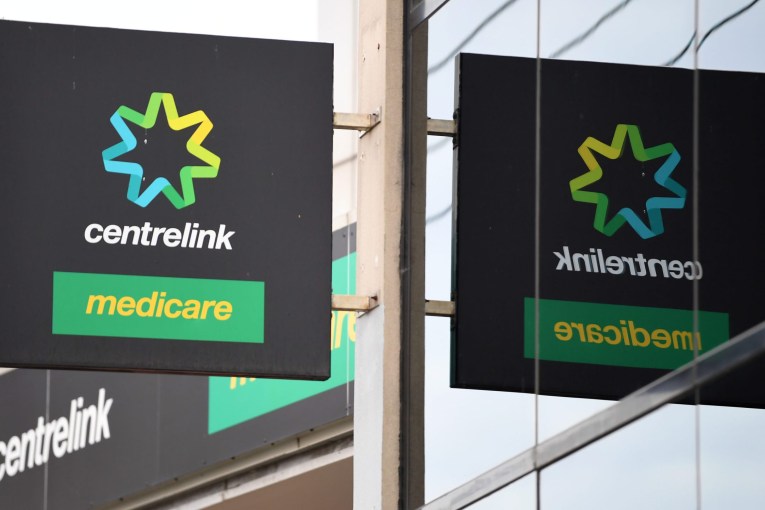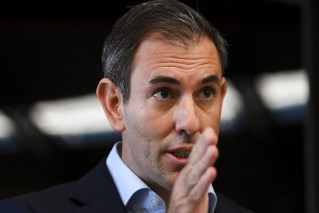Why maximising value of infrastructure spend, not the amount, is vital
It is no secret state and federal governments are putting their money where their mouth is when it comes to infrastructure spending to boost the economy in the face of the COVID-19 pandemic.

More than $20 billion was allocated in the 2020-2021 Federal Budget to expedite infrastructure project and road safety upgrades.
Queensland will get a boost from more than $1 billion of that funding for transport projects alone, and both the Australian Labor Party and Liberal National Party have made major infrastructure investment announcements as part of their election campaigns.
There is no doubt the spending will be significant and there is long term commitment, backed by the Federal Government reconfirming its commitment to delivering a $100 billion, 10-year infrastructure pipeline.
BDO in Brisbane Risk Advisory Partner Joubert Breet, said it is not the amount of spend that will drive value for the economy and future generations; the controls around its use will.

Joubert Breet
“Infrastructure projects, by their nature, are long term and expensive,” he said.
“When public funds are used to fund the investment a challenge emerges because taxpayers will, quite rightly, demand value for money.
“Against the backdrop of recent projects missing deadlines and budgets, ensuring the next wave of public investment is spent wisely and delivered with a commercial mindset is imperative.
“The plans announced are of a scale most of us will never have witnessed, so the potential for value leakage in managing them is unprecedented.”
Achieving success will require high levels of cross-sector collaboration, knowledge sharing and multi-faceted support from all of the professional disciplines involved.
Those leading the process must also learn from previous experience because, if they do not, an intergenerational issue will emerge.
What can be done?
“The best approach is one that avoids the need to ramp up cost reduction and project recovery efforts once things have gone awry,” Mr Breet explained.
“Not only will this keep public infrastructure projects out of the headlines, it will secure the future for a valuable pipeline of economy boosting activities that can drive jobs and spending across the entire state.”
According to Mr Breet, maximising the value of infrastructure spending requires focus on six key areas.
- Robust scope and baseline management:Clear target outcomes, an auditable budget baseline and a set of commercial principles are imperative to effectively dealing with scope adjustments and preventing runaway budgets, especially as organisations adjust to their new normal.
- Clear and commercially focused contract governance: Without a detailed understanding of the commercial terms in key contracts and proactive risk management by all involved in their delivery, there could be substantial value leakage during the life of the contract.
- Bolstered cost verification functions:Having a dedicated commercial and cost verification function will pay for itself many times over, through the recovery of historical overcharging and identifying ongoing commercial efficiencies and savings.
- Value-adding management information with trusted data: Input data must be trustworthy and management information should focus on leading indicators, to ensure decision-makers have the right information readily available to support effective project delivery.
- Coordinated assurance strategy:A holistic approach to assurance mapping is important to avoid ‘assurance fatigue’ and optimise the value these audits deliver.
- Proactive contract closeout planning:Developing a full exit and transition plan from the start of a project will minimise the potential for knowledge loss at contract closeout and allow a full understanding of the commercial position so obligations are fulfilled at the right cost level.
Where to from here?
A razor sharp focus on these areas provides opportunities for rapid progress and significant value adding, particularly in today’s economic climate.
“The adoption of effective governance structures, internal controls and ongoing value assessment will be imperative to ensure the benefits of infrastructure spend are maximised,” said Mr Breet.
“Without it, the sector’s capacity to deliver and the legacy left for future generations will be at risk.”
To discuss any queries related to the infrastructure investment, please contact a BDO Risk Advisory expert.













